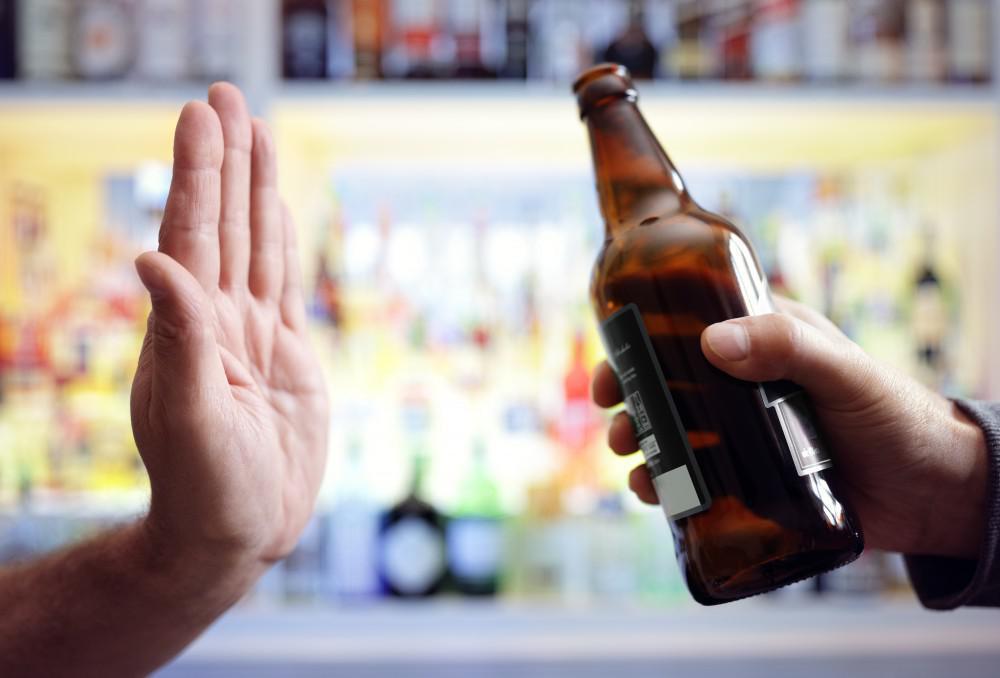
5 Tips for Staying Sober
You’ve done the work to become clean and sober, and you want to do what you can to stay that way. Here are five great tips that will help you safeguard your freedom from a substance use disorder.

Opioids continue to be one of the leading causes of death in the United States. They affect many groups of people, across all demographics, and have become one of the most talked about issues in our time. In the midst of this, treating opioid dependency has become an issue of its own. With a dangerous withdrawal period and extremely high relapse rate, healthcare professionals have had to get creative with the ways they treat this condition. One innovation in this field of treatment has been the development of medically-assisted treatment (MAT). Many clinicians view medically-assisted treatment as the most effective evidence based approach when it comes to treating opioid use disorder. However, along with the increasing prevalence of this treatment method there have also been misconceptions or myths that developed as well. It is important to address some of these misconceptions so that people do not feel a stigma when it comes to their treatment.
This myth asserts that medically assisted treatment is some sort of “crutch” or “last resort” for those who lack the willpower to achieve sobriety on their own
This myth is a common and extremely damaging one when it comes to the social stigma about medically assisted treatment; Suggesting that using FDA approved medications, such as methadone or buprenorphine, in the manner for which they are intended is no different than other illicit opioids.
This misconception asserts that a person who undergoes medically assisted treatment would have to stay on those medications for the rest of their life. It is also commonly associated with the previously discussed myth that MAT is just trading one addiction for another.
It is important to remember that, just as with any illness, recovery from opioid use disorder is a journey with many components and steps. Medically assisted treatment is meant to bridge a gap; used in tandem with various forms of therapy and support. If you or a loved one are experiencing opioid use disorder, please contact our office to set up a consultation.

You’ve done the work to become clean and sober, and you want to do what you can to stay that way. Here are five great tips that will help you safeguard your freedom from a substance use disorder.

The connection between a substance use disorder and a mental health issue is a strong one, as the nearly eight million Americans who have a co-morbidity prove. When this occurs, treating both issues is paramount.

Addiction is a chronic disease that requires constant vigilance and good management. When a person falls short, relapse can occur. If you’re worried that a loved one has relapsed, here are some signs to look out for.

You believe that you’re drinking isn’t normal anymore, and you’re tired of the overwhelmingly negative effects that alcohol is having on your life. The good news is that alcoholism is highly treatable.

The rise in availability of telehealth services has been great news for those who need (or would prefer) to receive quality health care from the comfort of their own homes. These services also extend to substance use disorders.

Whether you’ve tried to break your opioid addiction before or this is your first attempt, why not greatly increase your chances of success with Sublocade®? Here’s a look at how Sublocade can ease your recovery journey.